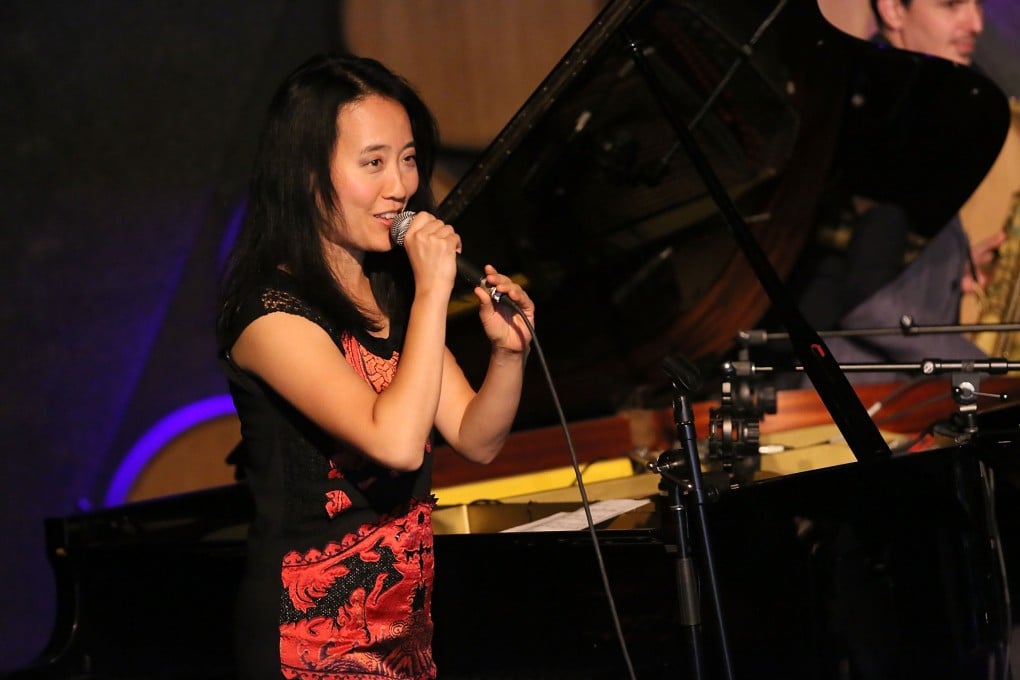Chinese-American jazz pianist Helen Sung on women composers, her Quartet+ album and tour, and her identity
- The daughter of immigrants from China, Sung lacked female role models when she trained as jazz pianist, but celebrates several on her eighth album
- She talks about being an Asian-American artist and how welcoming audiences were in Taipei, where her parents spent time before moving to Texas

How many female role models did Helen Sung have when she began her transition into jazz at the University of Texas at Austin, where she earned her bachelor’s and master’s degrees in classical piano performance in 1993 and 1995, respectively? In a word, none.
How many female role models did Sung have when she earned a full scholarship to the inaugural class at the Thelonious Monk Institute of Jazz in 1995?
Again, none, which is surprising given that her excellent new album, Quartet+, pays heartfelt tribute to such stellar artists – all pioneering pianists – as Mary Lou Williams, Carla Bley, Geri Allen and Marian McPartland.
“When I got to the Monk Institute, the focus was on [male] jazz masters, so those were my role models,” Sung recalls.
Some of those masters also happened to be her teachers at the institute, including bass legend Ron Carter, saxophonist Jimmy Heath and pianist Sir Roland Hanna.